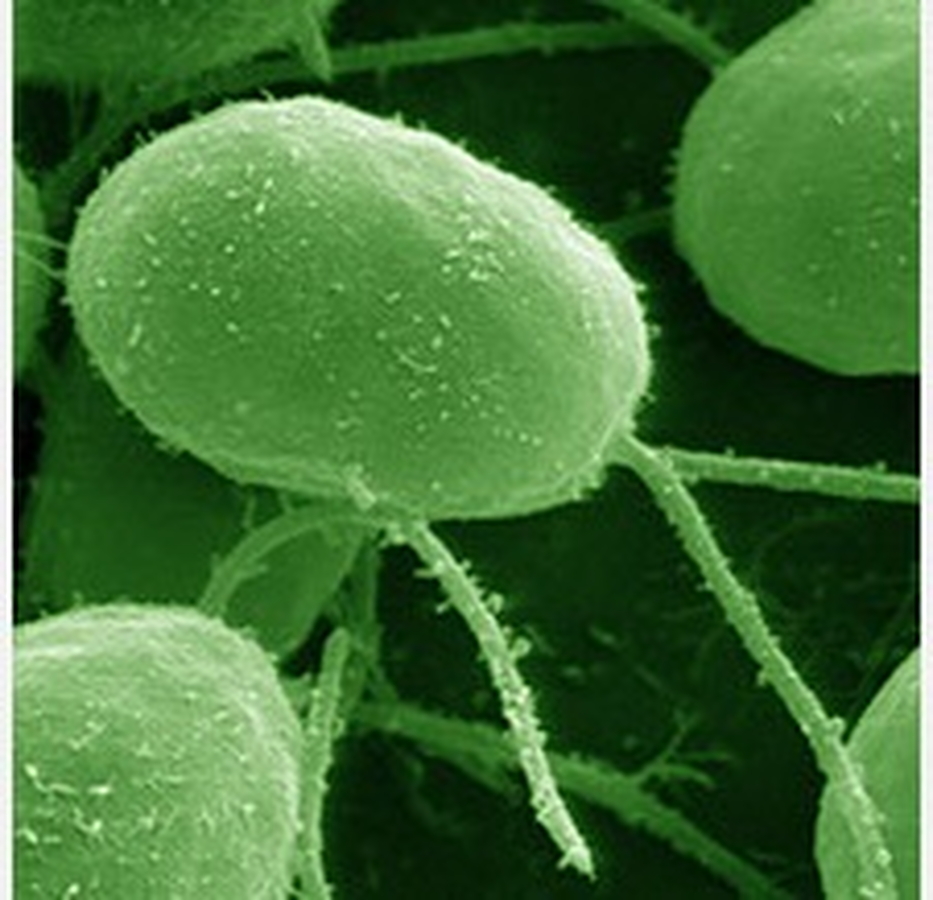18th INTERNATIONAL CONFERENCE ON THE CELL AND MOLECULAR BIOLOGY OF CHLAMYDOMONAS
About the conference:
The meeting will have an international attendance, a strong interdisciplinary orientation, touch on may areas of biology, and foster extensive collaborations among researchers in the field. Chlamydomonas reinhardtii has become a sophisticated model system relevant to studies of biological processes and has been referred to as the ‘green yeast.’ This organism is being used to examine flagella structure and function, chloroplast biogenesis, structure-function of the photosynthetic apparatus (including carbon metabolism and electron transport), photoperception and phototaxis, nutrient deprivation responses (carbon, nitrogen, sulfur, phosphorous, and anion and cation deprivation), and lipid and starch synthesis, among other processes.
Join us:
Do not miss this meeting where you can build relationships that are key to future collaborations. The sessions will be organized to maximize opportunities for interdisciplinary group discussion and will be complemented by poster sessions for detailed presentation of experimental work. Oral presentations will be selected on the basis of their contributions to the session topics and preference will be given to young researchers, for whom we believe this experience will be of special career significance.
General Program:
The program is diverse but emphasizes young people and some of the most exciting developing areas. It also has some community oriented activities which includes a public talk by Susan Dutcher on June 17 that deals with the flagella/cilia and what it has contributed to our understanding of diseases resulting from cilia dysfunction, and a workshop on the use of the new Chlamydomonas indexed, mapped library. Tehcnology has also made substantial advances in the last 2 years including the new mutant library from Martin Jonikas and the use of CRISPR and Talens Technologies to generate targeted mutants in a fairly efficient manner, as discussed by Molnar and Hegemann. Although the complete schedule for the meeting has not been finalized, we have assembled most of the talks, the speakers and the topics on which they will speak.
SUNDAY, JUNE 17
Registration
Public talk
Reception
MONDAY, JUNE 18
Session 1. Structure-Function of the Flagella
Session 2. Developing Technologies
TUESDAY, JUNE 19
Session 3. Plastid Structure, Function and Biogenesis
WEDNESDAY, JUNE 20
Session 4. Carbon Metabolism
Session 5. Cell Cycle, Photoperception, Heat and Circadian Control
THURSDAY, JUNE 21
Session 6. Novel Studies and Developing Systems
Image credit: Louisa Howard, Dartmouth College
